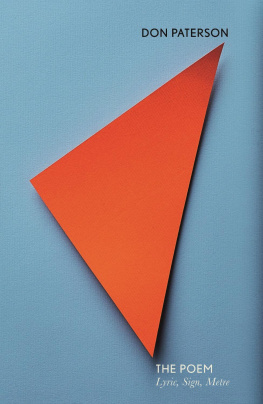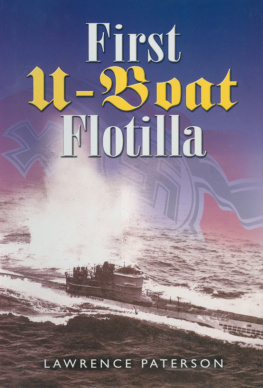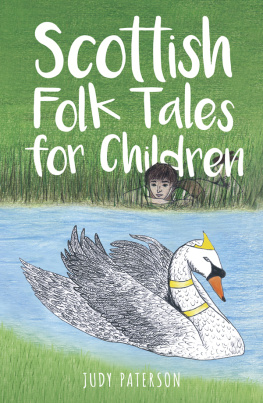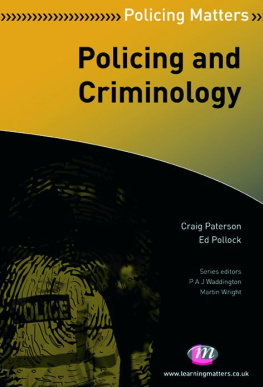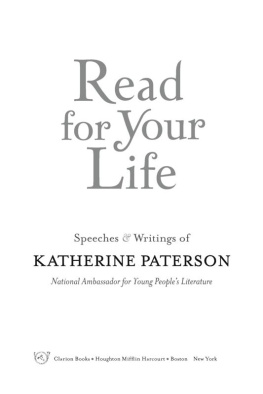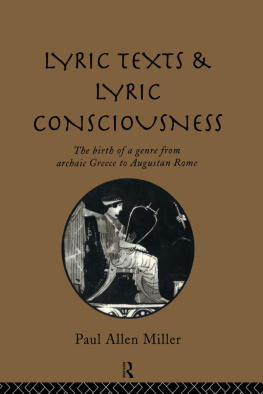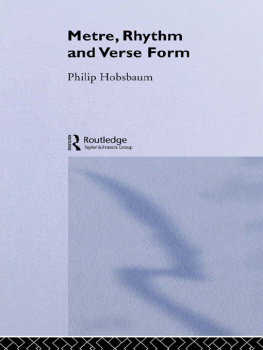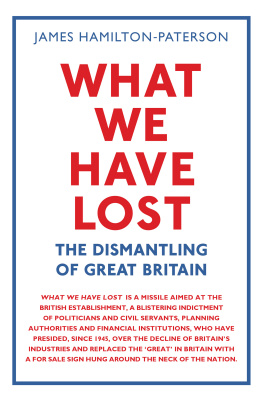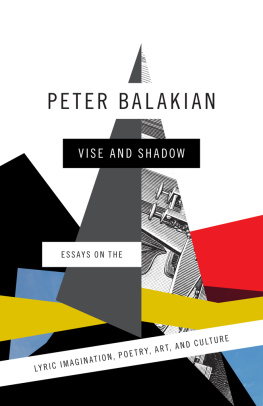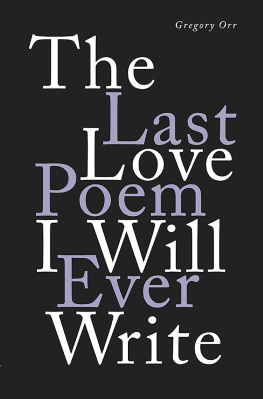Paterson - The poem : lyric, sign, metre
Here you can read online Paterson - The poem : lyric, sign, metre full text of the book (entire story) in english for free. Download pdf and epub, get meaning, cover and reviews about this ebook. year: 2018, publisher: Faber & Faber, genre: Religion. Description of the work, (preface) as well as reviews are available. Best literature library LitArk.com created for fans of good reading and offers a wide selection of genres:
Romance novel
Science fiction
Adventure
Detective
Science
History
Home and family
Prose
Art
Politics
Computer
Non-fiction
Religion
Business
Children
Humor
Choose a favorite category and find really read worthwhile books. Enjoy immersion in the world of imagination, feel the emotions of the characters or learn something new for yourself, make an fascinating discovery.
The poem : lyric, sign, metre: summary, description and annotation
We offer to read an annotation, description, summary or preface (depends on what the author of the book "The poem : lyric, sign, metre" wrote himself). If you haven't found the necessary information about the book — write in the comments, we will try to find it.
The poem : lyric, sign, metre — read online for free the complete book (whole text) full work
Below is the text of the book, divided by pages. System saving the place of the last page read, allows you to conveniently read the book "The poem : lyric, sign, metre" online for free, without having to search again every time where you left off. Put a bookmark, and you can go to the page where you finished reading at any time.
Font size:
Interval:
Bookmark:
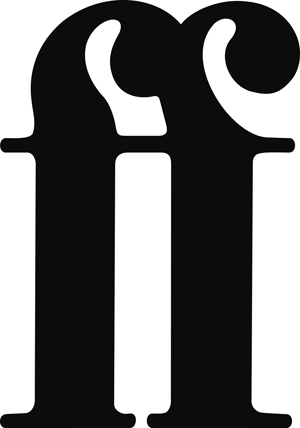
for Douglas Dunn
Qu te he dado, lo s. Qu has recibido, no lo s.
ANTONIO PORCHIA


This is not for you, runs the dedication of Mark Z. Danielewskis unreadably distressing The House of Leaves, a book I finally abandoned after three nights of waking up to my own screams. I toyed with borrowing it here, but I have no real excuse for adopting such a minatory tone however accurate the statement might be, or similar the effects this book produces. A few years ago I wrote a chatty and informal readers guide to Shakespeares Sonnets; I knew exactly who the book was for and for whom it was not. The former group received it in the spirit in which it was intended, but not every member of the latter got the memo, despite my careful explanation in a long preface. I dont blame them for one second. The clue here is long preface. If you want to circulate instructions for a home-made ricin bomb with absolute discretion, I strongly suggest you stick it in a long preface. Id prefer this one to be read, hence its brevity.
I hope, of course, that this book is for you, but the reason it might not be is that was written primarily for me, in an attempt to explain a couple of things to myself. Firstly, does the existence of the poem point to a basic poetic function of speech, and, if so, what is its purpose? Secondly, what is a poem? The first question is not very original, though Ive attempted to answer it from an insiders perspective, so however misguided my conclusions are, some may at least have the merit of novelty. We usually answer the second question by separately addressing the business of the poems creation and the poems reception; the first we might call ars poetica, the second poetic analysis. It has long been my conviction that they are two aspects of the same thing, and can be fruitfully discussed together. This is the approach I have taken here. So if these questions also interest you welcome. However, this book is not a primer, a how-to guide, or a handbook of forms: there are plenty of those out there already. (Despite the fact I tend to write what others call formal poetry, I should confess that I have little interest in poetic form, which I consider a finite and relatively unimportant subject.) Nor is this a book for poetry readers, the literate constituency for whom I have the most respect, and who will find it dull. These good people already know exactly what theyre doing. I am less convinced that my own constituency do.
As for that constituency Perhaps I just mean all those with a professional interest in poetry. I am a poet, though this should always be a reluctant declaration, as poets spend far more of their time being not-poets. I also work as an editor, and I teach poetic composition to apprentice poets. And while I did not train as an academic, as a longstanding member of that dubious cohort, writers who work in the academy, I have morphed into something that can occasionally pass for one in a bad light, and I teach poetry and poetics as literary subjects to undergraduate students, and supervise postgraduate research. My interest in the subject of poetic composition is therefore formed by three perspectives: the practice of writing verse, and my knowledge of that procedure from first-hand experience; my work with other poets in the role of editor or mentor; and such scholarly and scientific theory as relates to my discipline.
Each perspective addresses a separate part of the process. The perils of that process are summed up by this books epigraph, a beautiful line from Antonio Porchias Voces: I know what I have given you. I do not know what you have received. Poets give the poem; editors and mentors are concerned with its careful transmission; scholars study the poem as it is received by a community of readers. Because I address all these constituencies simultaneously in this book, I may also have simultaneously alienated them all with what amounts to a wilful inconsistency of tone. They may find themselves suddenly addressed by a pronoun, or in a manner or in jargon with which they are uncomfortable. Academics mostly hate being called we, but when I use that word Im usually referring to my own deranged community of fellow poets. We are a fractious community when the stakes are low, tempers run high, to quote the late Joseph Chassler but we are a community. When I talk as a poet, I know I can sometimes sound impatient, biased, overzealous and occasionally chippy (as has been pointed out to me, poets have a reputation for sensitivity, but mostly were just touchy). However, suppressing that tone would also have meant me denying how strongly I feel about a discipline Ive given up many years of my life to study and practise. Poets often hate reductive linguistic or scientific explanations for what they would prefer to think of as an inscrutable or mysterious procedure; but many academics expect that they at least be attempted. Editors hate everything. For them, all poems are bad until they prove themselves otherwise (they have the stats on their side, unfortunately), and that voice will again distinguish itself by its lousy attitude. But since I could find no middle ground, my most honest instinct led me to write from all three perspectives simultaneously, in the hope that the narrowness of any single one might be corrected by the others.
(Ive had, and continue to indulge, another career in music where Ive worked as a guitarist and composer drifting between jazz, electronic, computer-based music and straight composition. I mention this only to explain the excessive number of musical analogies employed here.)
I have done my best to curb my footnote addiction and have completely failed. I like footnotes. You may not. But I often get distracted by something that interests me, and can see no good reason not to pursue it some small way. Other writers put all this stuff in the back, but as a reader I dislike having to leave my place every five minutes to go rummaging in the basement for something I could have found in the kitchen drawer. However, I have placed the longer excursions as endnotes, so the reader might have some control over the frequency and length of these interruptions. I have used these notes to bury a long or particularly dry technical definition, address some analytical crux, relieve myself of some anecdote, or write a micro-essay on a parallel subject. The reader is free to ignore these asides, safe in the knowledge that the broad argument should make as much sense with or without them; nonetheless, the material they contain is as important or unimportant as anything else in the text.
I apologise, too, for the bad jokes and occasional scurrilities strewn throughout, but this book is a demanding enough read without my resisting the opportunity to lighten things up where I could. Besides, I am convinced that literature is not a subject that should ever be taken entirely seriously. It is, at the end of the day, a form of conversation that takes place between two monkeys, not an attempt to measure gravitational waves. If we dont conduct our research in the spirit of its subject, we should probably distrust our own conclusions on principle. However, this is also the reason the text will occasionally take metaphysical and even ethical detours. The argument might be made that poetics should confine itself to the business of poetic language alone; but since Id hold that poetrys very purpose is to stop us articulating false statements about the world, avoiding these digressions here seems a perverse compunction. Language circumscribes the concepts through which we both apprehend and read the world. When that apprehension becomes inadequate, or the reading self-evidently false, the poetic function of language reflexively attempts to restore it to something capable of telling the truth. Its perhaps too much to claim that the self-correcting habit of language we call poetry is evidence of an intrinsic morality; but its hard to make a poem out of lies, couched as they so often are in tired, empty and clichd speech. (Lies would rather not draw attention to themselves. Though political sloganeering often makes use of the
Font size:
Interval:
Bookmark:
Similar books «The poem : lyric, sign, metre»
Look at similar books to The poem : lyric, sign, metre. We have selected literature similar in name and meaning in the hope of providing readers with more options to find new, interesting, not yet read works.
Discussion, reviews of the book The poem : lyric, sign, metre and just readers' own opinions. Leave your comments, write what you think about the work, its meaning or the main characters. Specify what exactly you liked and what you didn't like, and why you think so.

